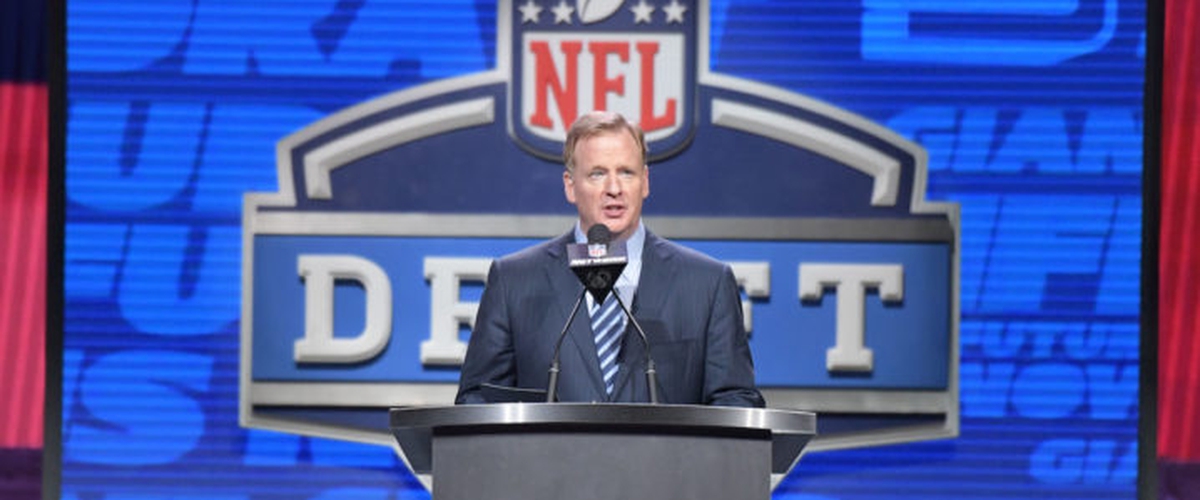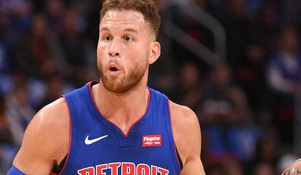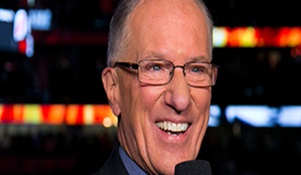How I'd Build an NFL Team

In the modern NFL, it has become increasingly difficult to have a fully functional roster while simultaneously having an elite quarterback. Why? Because as a quarterback ages and gets that vaunted second contract, the funds used to pay the remaining portion of the roster dwindle. As good as Aaron Rodgers and Russell Wilson and Matthew Stafford and Andrew Luck are, because they are paid so handsomely, it is nearly impossible to surround them with the necessary talent to compete at the highest level on Sunday afternoons. As it stands in 2018, there are seventeen quarterbacks making north of $20 million per season. That is not a recipe for sustained success.
Who are the teams that are really thriving in today’s offensive-centric environment? The Eagles, Rams, and Chiefs immediately come to mind. What do each of these three teams possess? A young quarterback who still happens to be on his rookie contract. For context, Carson Wentz, Jared Goff, and Patrick Mahomes make less combined ($17.7 million in 2018) than Case Keenum, Ryan Tannehill, Sam Bradford, and about a dozen other mediocre, highly-paid quarterbacks who do not belong in the same sentence as the aforementioned triumvirate. It’s not complicated, yet nearly every front office seems to make the same mistake of overpaying middling signal callers.
The best way to sustainable team success in today’s NFL is to have a young quarterback on a cost controlled, rookie contract. If I were an NFL GM my roster-building strategy would be very simple: draft a talented young quarterback, play him for four years, then flip him for draft picks. I would continually follow this cycle and quite frankly, I think it would lead to great success in the NFL.
For example, if I were Sean McVay, Les Snead, and the Rams I would ride the wave that is Jared Goff until the end of next season, at which point his rookie contract expires. Rather devote 15% of the salary cap to my quarterback, I would flip Goff to, say, the Redskins for a treasure trove of draft picks. (What archaic GM wouldn’t give up multiple firsts for a stud quarterback entering his prime?) After receiving the picks from Washington, I, as McVay, Snead, and the Rams brass would select a quarterback in the first round of the coming NFL Draft. Then after four years, I would get rid of him following the same process.
To me, it is simple: I value having a well-balanced roster far more than having a quarterback that needs to drive a Brinks Truck to practice each day. It is not an accident that the Rams were able to acquire Ndamukong Suh, Marcus Peters, and Brandin Cooks this offseason while also signing Aaron Donald and Todd Gurley to contract extensions. It isn’t by mistake that the Chiefs have the most potent offensive weaponry in the history of the sport; nor was it a coincidence that the Eagles were able to sign Alshon Jeffery, Jay Ajayi, and Chris Long en route to a Super Bowl victory.
It is no accident that the teams favored to win the Super Bowl this season have young quarterbacks. They have been able to mend their roster and sign players at the margins to greater deals than they would have been able to sign elsewhere, thus securing their services. Ever since the rookie wage scale was instituted back in 2011 this is a trend that I have noticed. It is only a matter of time before NFL GMs notice as well.


